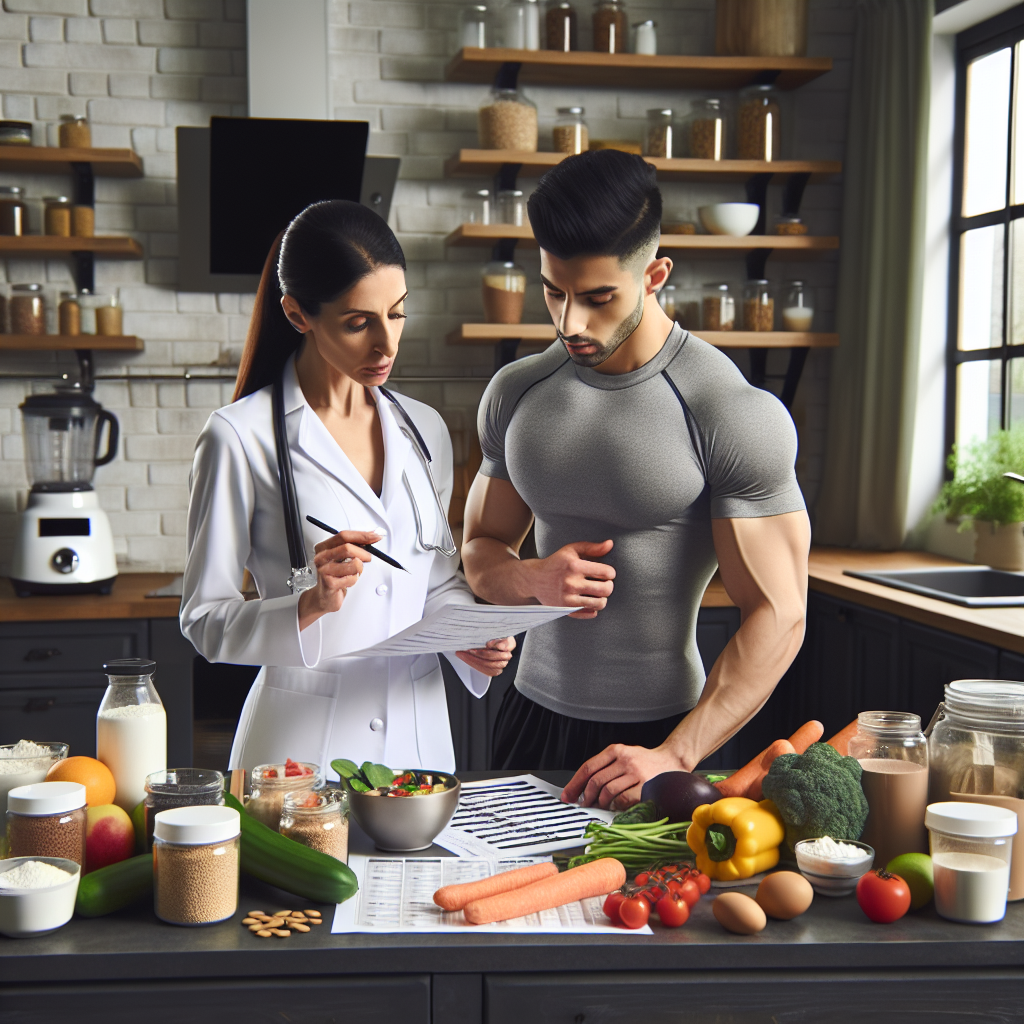
In the competitive world of athletics, every small advantage counts. While rigorous training, proper nutrition, and mental strategy are often highlighted as keys to success, one crucial aspect tends to be overlooked: hydration. The right approach to hydration can enhance performance, improve recovery, and even prevent injuries. Here, we’ll explore some effective hydration hacks that every athlete should consider incorporating into their routine.
Understanding Hydration and Performance
Proper hydration is essential for maintaining physiological functions, including temperature regulation, nutrient transport, and muscle recovery. Dehydration can lead to fatigue, decreased strength, impaired coordination, and increased risk of injury. This highlights the need for athletes to not only drink water but to understand their individual hydration needs and how to optimize them for performance.
1. Personalize Your Hydration Strategy
Each athlete’s hydration needs can differ drastically based on factors such as body size, sweat rate, type of sport, and environmental conditions. To develop a personalized hydration strategy, consider the following steps:
-
Track Your Sweat Rate: Weigh yourself before and after training sessions to determine how much fluid you lose through sweat. This will give you a baseline to estimate how much water you need to replenish.
- Monitor the Color of Your Urine: Light, pale yellow urine typically indicates proper hydration, while darker shades can signal dehydration. Aim for hydration that keeps your urine within this optimal range.
2. Embrace Electrolytes
Electrolytes like sodium, potassium, and magnesium play a critical role in maintaining fluid balance, muscle function, and nerve signaling. Athletes who engage in prolonged exercise or sweat excessively can benefit from electrolyte-rich beverages or supplements. Here’s how to effectively incorporate electrolytes:
-
Choose the Right Timing: Consuming electrolyte drinks before, during, and after workouts can help prevent dehydration and aid recovery.
- Tailor Your Intake: For short workouts, water may be sufficient, while longer sessions necessitate electrolyte replacement. Experiment with various sports drinks to find what works best for you.
3. Hydrate with Whole Foods
Hydration doesn’t solely come from drinking water. Many fruits and vegetables have high water content and can contribute to overall hydration levels. Incorporating these foods into your diet can serve as a dual-purpose strategy, providing both hydration and essential nutrients:
-
Water-Rich Options: Foods like watermelon, cucumbers, oranges, and strawberries are excellent choices to include in your snacks or meals.
- Pre-Workout Snacks: Consuming a snack that combines hydration (like an orange) with carbohydrates can provide energy and hydration simultaneously.
4. Set a Hydration Schedule
When training hard, it can be easy to overlook fluid intake. To ensure consistent hydration, create a schedule:
-
Frequent Sips: Instead of gulping large quantities of water at once, take small sips throughout the day to maintain hydration levels.
- Use Reminders: Set alarms on your phone or use hydration apps to remind you to drink water regularly, especially during busy training days.
5. Rehydrate Wisely Post-Workout
Recovery is just as essential as performance, and proper hydration plays a critical role in this process:
-
Combine Fluids and Nutrients: After a workout, drink a recovery beverage that contains protein, carbohydrates, and electrolytes. This combination aids in muscle repair and rehydrates the body.
- Avoid Sugary Drinks: While sugary sports drinks may be tempting, they can lead to dehydration if consumed in excess. Instead, opt for water or drinks with moderate sugar levels.
6. Account for Environmental Factors
Heat can significantly impact hydration needs. Athletes training in hot and humid conditions need to be especially vigilant:
-
Acclimatize Gradually: Allow your body to adjust to heat by gradually increasing the intensity and duration of your workouts in warm environments.
- Cool Down: Incorporate cooling breaks and hydration stations during training sessions to help regulate body temperature and maintain hydration levels.
Conclusion
In the quest for peak performance, hydration hacks can serve as an athlete’s secret weapon. By personalizing hydration strategies, incorporating electrolytes, and utilizing whole foods, athletes can optimize their performance, accelerate recovery, and prevent injuries. Remember that hydration is not just about thirst—it’s about meeting the demands of your body and supporting your athletic endeavors every step of the way. So grab your water bottle, craft a hydration plan that fits your lifestyle, and watch as your performance reaches new heights.




